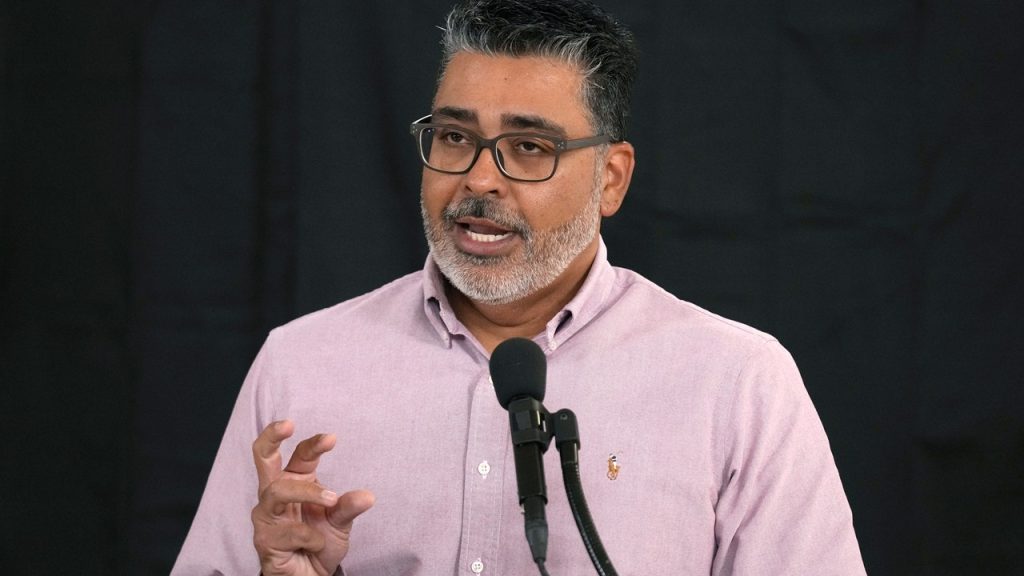The state of Arizona is taking proactive measures to prevent heat-related deaths this summer, with Dr. Eugene Livar leading the charge as the state’s first heat officer. With over 900 heat-related deaths in the state last year, Livar and his team are working closely with local governments and nonprofit organizations to ensure that cooling centers are readily available and that homes have functioning air conditioners. Recognizing the serious public health risks posed by extreme heat, Livar’s position was created to address the increasing temperatures that have been experienced in recent years due to climate change.
Arizona Heat Awareness Week, taking place from May 6-10, kicked off with a news conference where Livar was joined by officials from Phoenix, Tempe, and Maricopa County – the latter having experienced a record 645 heat-related deaths last year. The increased coordination between local and federal agencies is crucial in finding better ways to protect individuals from the dangerous heat waves that are becoming more frequent and intense. The National Weather Service and the CDC recently introduced a new online heat-risk system that provides a simplified, color-coded forecast based on meteorological and medical factors in a warming world.
Last summer, Phoenix experienced its hottest three months on record, with an average daily temperature of 97 F in June, July, and August. The city also set a record in July with a 31-day streak of temperatures at or above 110 F. This year’s hot season began on May 1 in Maricopa County, running through September 30. In response to the increasing temperatures, Governor Hobbs proclaimed May 6-10 as Arizona Heat Awareness Week to draw attention to the dangers of the summer and focus on better ways to protect the population. A new Extreme Heat Preparedness Plan has also been introduced, with measures such as mobile cooling centers and extended hours at cooling and respite centers.
Arizona is implementing new measures to combat the dangers of extreme heat, including the introduction of solar-powered mobile cooling centers made from shipping containers. The City of Phoenix is opening two 24-hour cooling centers for the first time this summer to provide relief from the scorching temperatures. Maricopa County has allocated nearly $4 million to expand the hours of cooling and respite centers, as well as to provide assistance to those in need of help paying their utilities or repairing/replacing their air conditioners. With the support of local governments and nonprofit groups, Arizona is taking a unified approach to prevent heat-related deaths and protect the vulnerable populations from the dangers of extreme heat.













